Avian Influenza
Avian Influenza is a virus that infects wild birds (such as ducks, gulls, and shorebirds) and domestic poultry (such as chickens, turkeys, ducks, and geese). There are flu virus variants for birds just as there are for humans and, as with people, some forms of the flu are worse than others. All strains also are divided into two groups based upon the ability of the virus to produce disease in poultry: low pathogenic avian influenza (LPAI) and highly pathogenic avian influenza (HPAI).
The US Centers for Disease Control and Prevention (CDC) considers the risk to people from HPAI infections in wild birds to be low because these viruses do not now infect humans easily, and even if a person is infected, the viruses do not spread easily to other people. Avian influenza viruses respond to standard antiviral drugs. To learn more about avian influenza specific to Rhode Island, please visit the Rhode Island Department of Environmental Management’s avian influenza page. The following information is from the Centers for Disease Control and Prevention (CDC):
 Rhode Island Department of Health
Rhode Island Department of Health